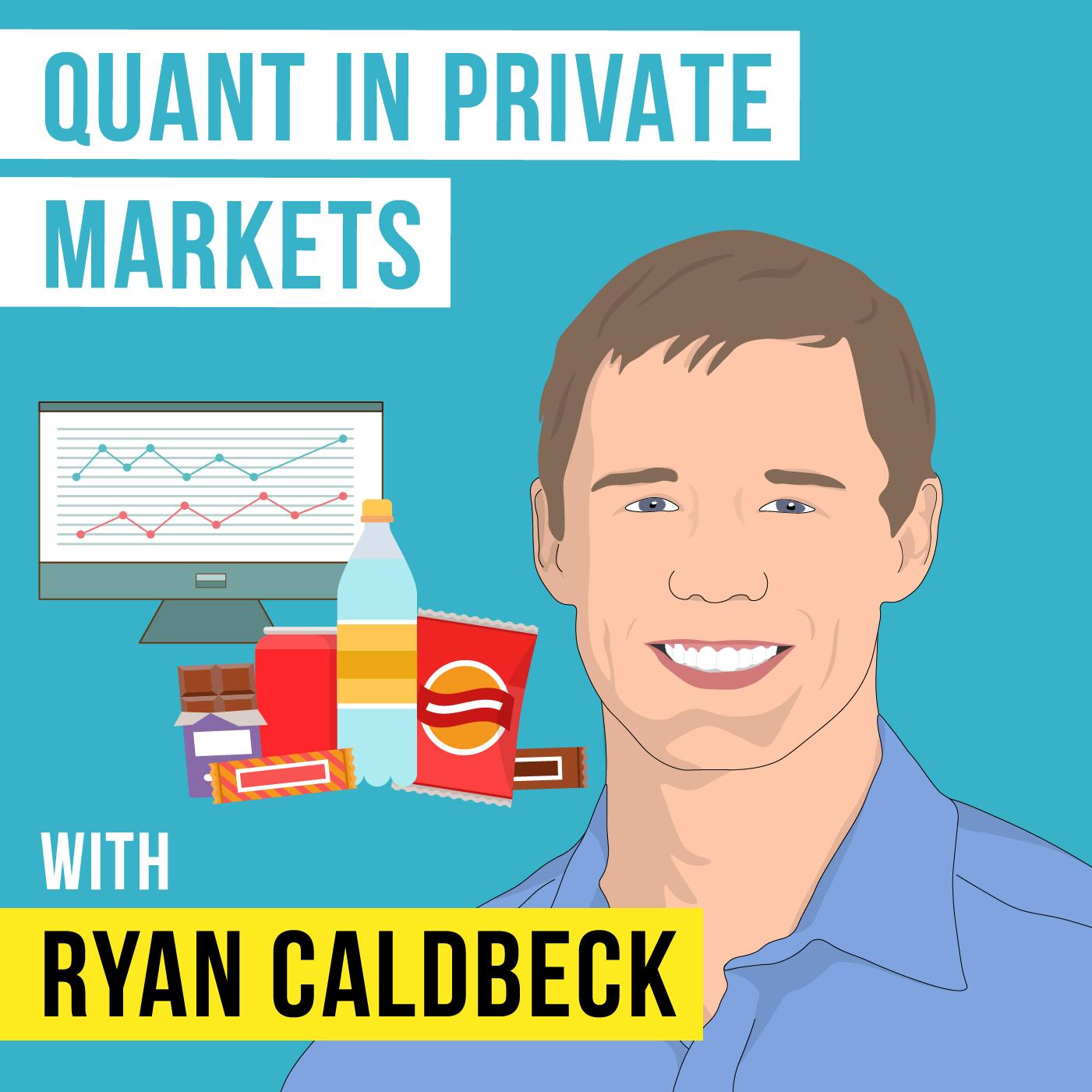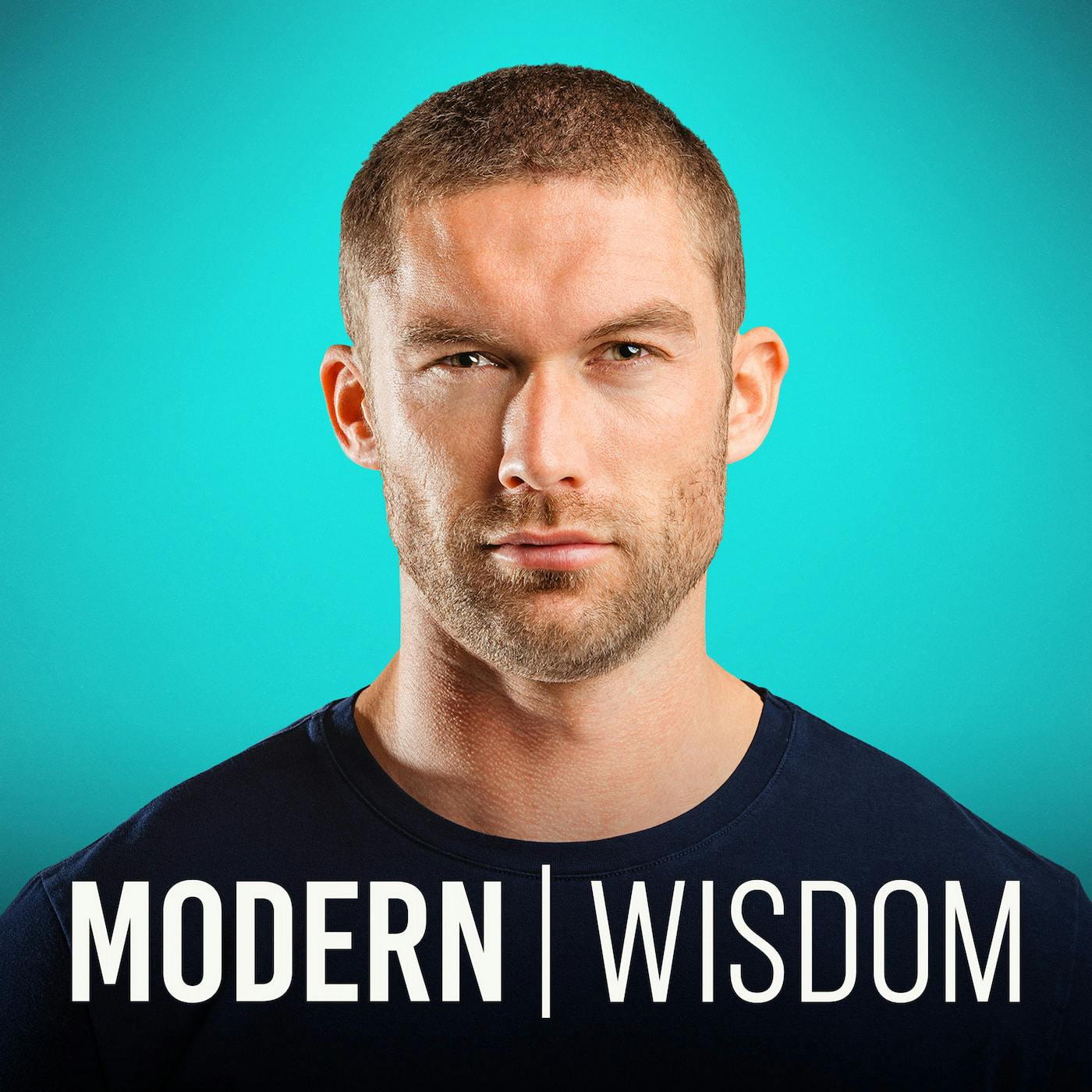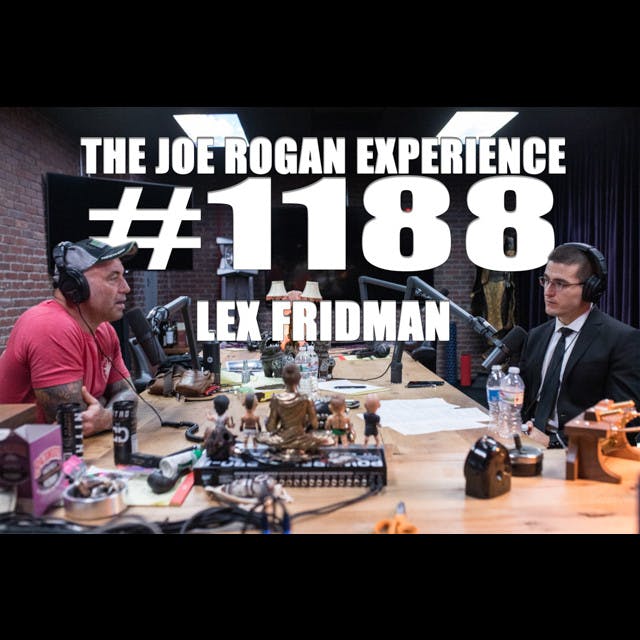Stop Initiative Overload
Rose Hollister and Michael Watkins, consultants at Genesis Advisers, argue that many companies today are taking on too many initiatives. Each manager might have their own pet projects they want to focus on, but that trickles down to lower level workers dealing with more projects at a time that they can handle, or do well. This episode also offers practical tips for senior-level leaders to truly prioritize the best initiatives at their company — or risk losing some of their top talent. Hollister and Watkins are the authors of the HBR article "Too Many Projects." with. They are the authors of "Athena Rising: How and Why Men Should Mentor Women.”



















